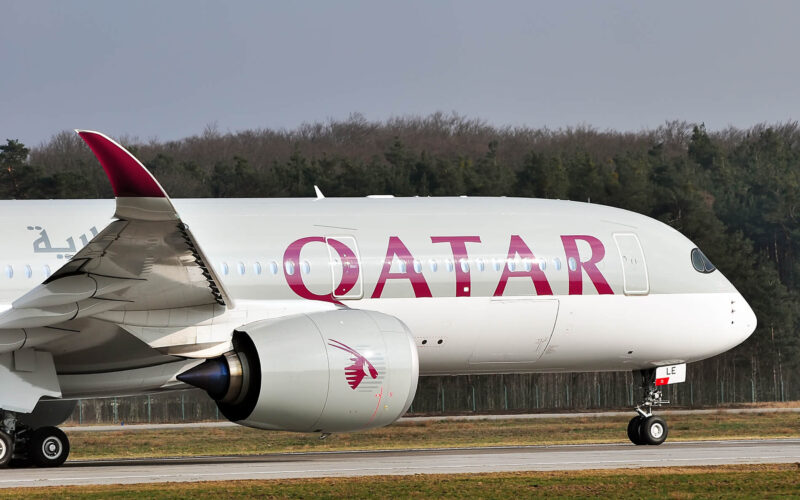Qatar Airways has demanded $5 billion from Saudi Arabia, the United Arab Emirates, Bahrain, and Egypt as compensation for the blockade they have imposed on the country of Qatar, preventing the carrier from using their airspace.
In June 2017, Qatar was accused by three other Gulf countries as well as Egypt of supporting terrorism. Consequently, its national airline Qatar Airways was blocked from 18 airports in Saudi Arabia, UAE, Bahrain, and Egypt, and the planes of the company were forbidden to use the airspace of those countries.
The blockade has put a strain on the flag carrier. Qatar Airways lost many profitable routes as it was forced to avoid the airspace of the neighboring countries. In 2019, it reported a net loss of $639 million.
Basing its claim on the investment agreements that were signed in the past with the blockading countries, Qatar Airways now expects to receive reparation for the financial damages caused.
“The decision by the blockading states to prevent Qatar Airways from operating in their countries and flying over their airspace is a clear breach of civil aviation conventions and several binding agreements they are signatories to,” said Akbar Al Baker, Group CEO of Qatar Airways, in a statement. “The blockading states must be held accountable for their illegal actions in the aviation sector, which includes a failure to comply with their obligations under bilateral agreements, multilateral agreements and international law.”
The claim follows a recent development in the quarrel opposing Qatar to its neighbors. On July 14, 2020, judges of the International Court of Justice unanimously rejected the appeal from Saudi Arabia, Bahrain, the United Arab Emirates, and Egypt against a decision of the ICAO on the matter in 2018. Back then, the majority of ICAO Member States voted in favor of addressing Qatar’s complaints. The blockading countries submitted an objection, stating that the ICAO had no jurisdiction in the matter.
Now that the jurisdiction of the ICAO has been established and that the complaints of Qatar have been taken into account, both parties will be able to defend their case.

